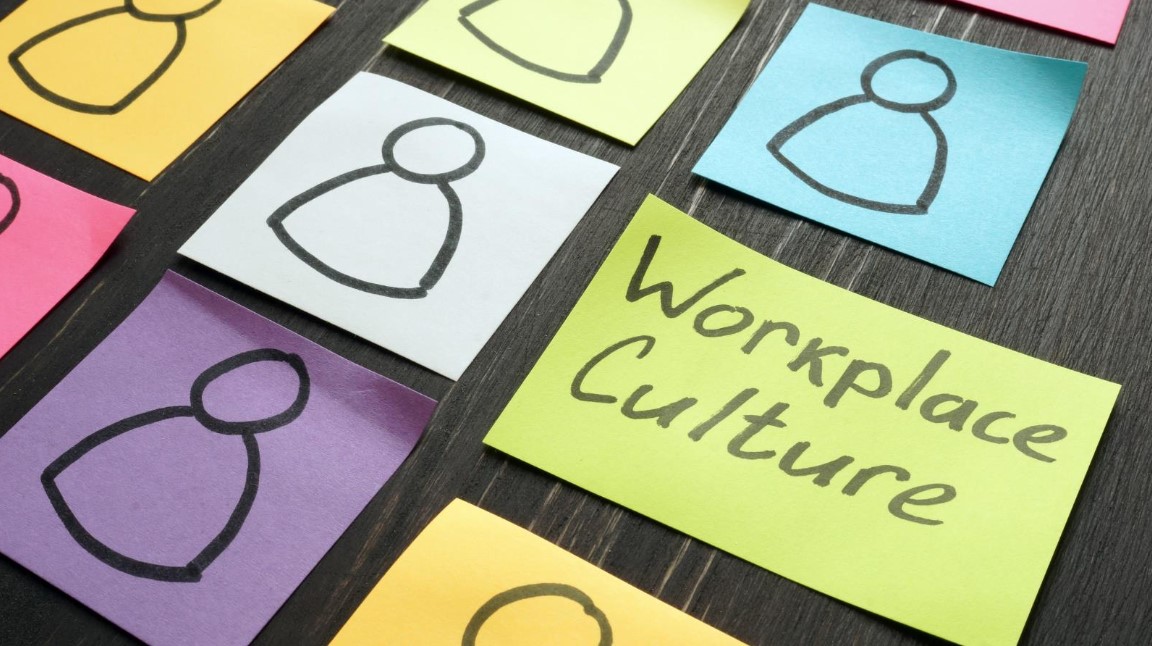As more shocking accounts of bullying in parts of the sector unfold, Caron Bradshaw, CEO, shares her experiences and thoughts.

A few years ago I suffered terrible mental health as a result of workplace stress. I’ve spoken openly about my experience because I believe it helps confront the taboos that still exist around mental health. I have also been bullied and belittled for being ‘too emotional’ or ‘too loud’, had some wildly inappropriate things said to me by senior politicians, and been sexually harassed by a boss who went on to systematically undermine my work when he feared I would expose his harassment.
I’ve been reflecting on these occurrences recently, in the context of reports into bullying in the sector. I have also pondered whether I have been so preoccupied with Covid that I have taken my eye off the culture ball. In sharing some thoughts, I hope others may attempt to tackle their own unacceptable conditions or, if necessary, their own behaviours.
I also hope to prompt reflection in some quarters about how we find the best way forward together as a sector. There is a danger that we succumb to the seductive allure of a public hanging or the wholesale adoption of a narrative that all is toxic in the charity sector at a time when we are most needed.
We are not perfect, of that there is no doubt, and we have much to do. Nor does the fact we do good render the means justifiable by the end. But even the darkest situation can generate great positive shifts and we have one such opportunity right now.
There will also be individuals currently worrying about their own actions. I have watched with horror as the various stories have been shared by individuals brave enough to speak out about being bullied, disadvantaged and penalised in their places of work.
Like many CEOs I have done a lot of soul-searching, particularly thinking about times when I was starting out, to consider whether there might be people hurt or damaged by my behaviours in the workplace.
I genuinely do not believe that I have left a trail of harm through my career. I cannot be sure, of course, because I am viewing the past through my own experience of it. But I suspect that if you, like me, are examining your impact with curiosity, openness and by trying to put yourself in the shoes of those you have been privileged to line manage, you can probably say with reasonable confidence you are not a bully.
As Ewa Jozefkowicz put it in her blog for Charity Job, workplace bullying is ‘… repeated behaviour intentionally designed to hurt someone, either physically or emotionally.’ You should have a reasonable sense of whether you have undertaken such actions or whether you have turned a blind eye when you’ve seen them in colleagues.
However, not setting out to harm isn't a let-off. The best of motives can still lead to the worst of impact. Those who have done me the greatest harm in my career didn’t necessarily set out to do so. Indeed, I would suggest that fear, egotistical self-interest, narcissism and conversely, shuddering insecurity, or just being blind to the consequences of one’s actions, were just as likely character traits.
I have seen people I know are bullies express themselves as victims and speak out in ways which repeatedly cause harm to others in the name of justice. False or warped assertions are incredibly hard to challenge or defend too because, as Kristiana Wrixon says in her excellent blog, these people in many cases have ‘been wronged by someone else too and they should have the right to talk about that experience and seek accountability for it’. I’ve seen good people do awful things and awful people do good things.
You see, people are not binary, we are complex and nuanced. And I think this is even more difficult when put into the context of social change. If our motives to improve the world for the benefit of society cannot render the sector a safe place to work, then what?
So, what can we do individually and collectively? In response, we can name and shame and root out the bad apples, but that will get us only so far. Because if life has taught me anything it is that those most deserving of being held to account are often the furthest from being accountable.
As a leader I have chosen to model the behaviour I think is most necessary within our workplaces if we are to respond to the hate, anger and fear that exists. And that is love. I don’t mean the flaky, fluffy, weak ‘niceness’ often mistaken for it - that’s not love. But the hard, tough, honest and open love.
The comedian Steve Coogan said, in an interview, that the ‘edgiest word to use at the moment… [is] love’. That’s what really makes people’s buttocks clench. It’s about being vulnerable. If you are vulnerable, it’s counterintuitive, it ultimately makes you stronger.’
It’s the same for the sector. We have to be vulnerable and accept where we have got it wrong without creating a climate of fear. We may have to break to be reborn. And we may have to actively choose to break the mold in order to bring about the change the world so desperately needs.
Call people out for their extreme views and never allow discrimination and prejudice to be permitted because those who perpetrate it hold greater power. Deploy all your skills in persuading people that there are other solutions we can find together that are rooted in justice and love, not virtuous anger and retribution.
It’s like the Japanese art of kintsugi; shattering damage, when carefully repaired, can also lead to beautiful improvements. Together we will come out stronger for it.